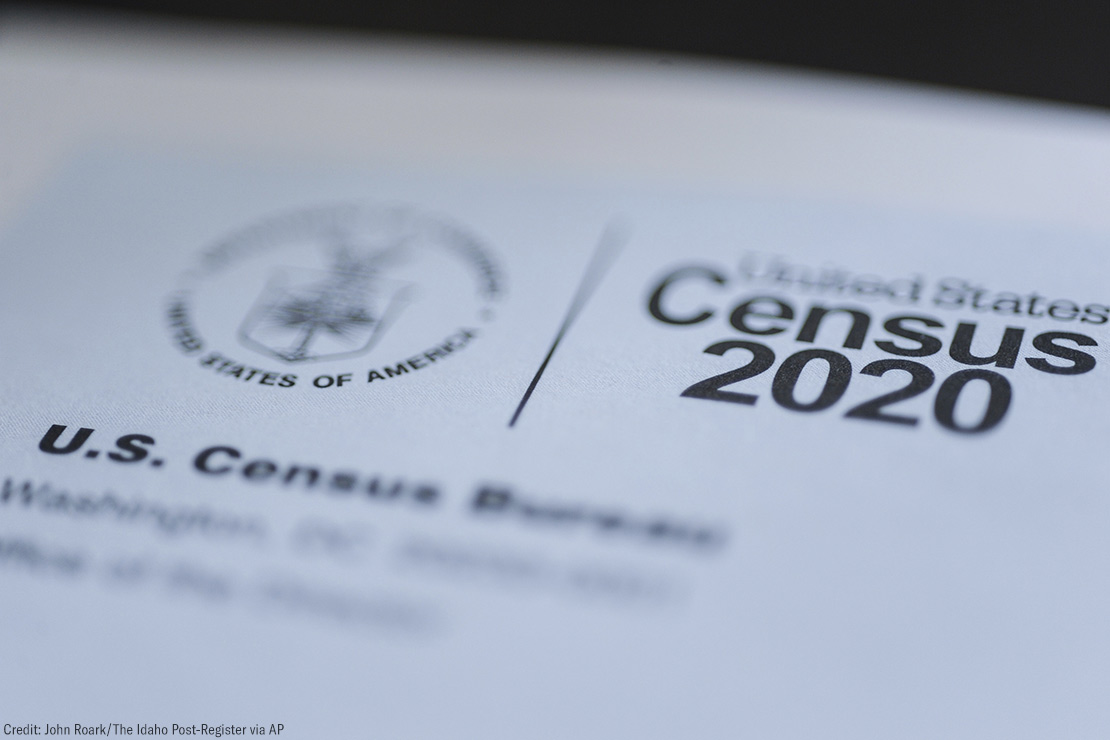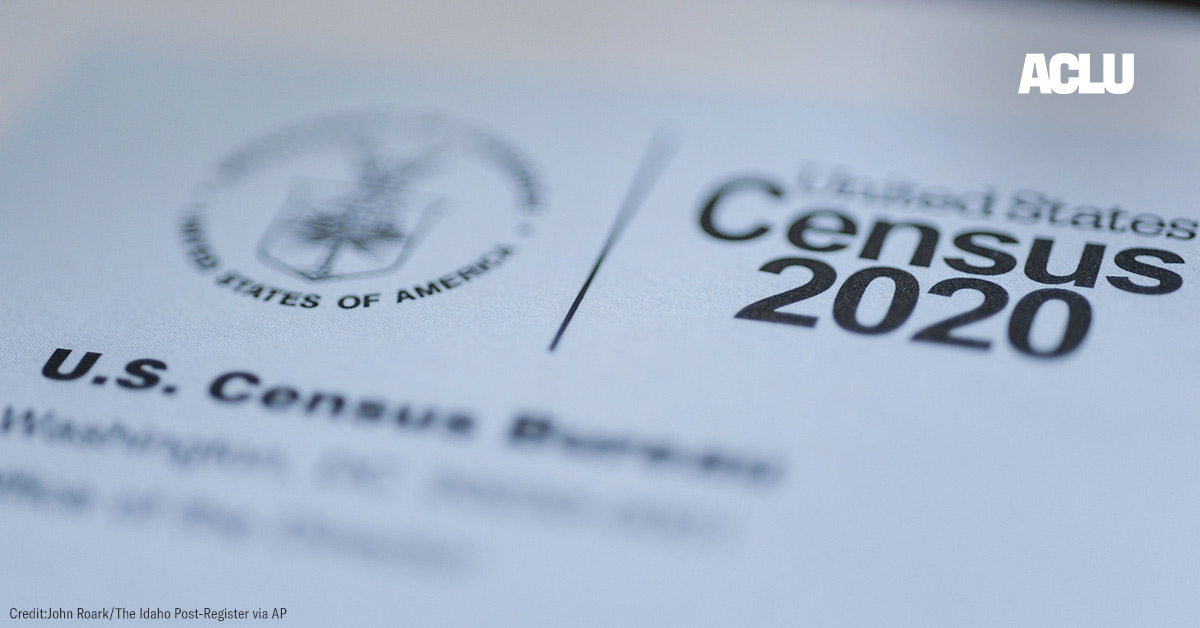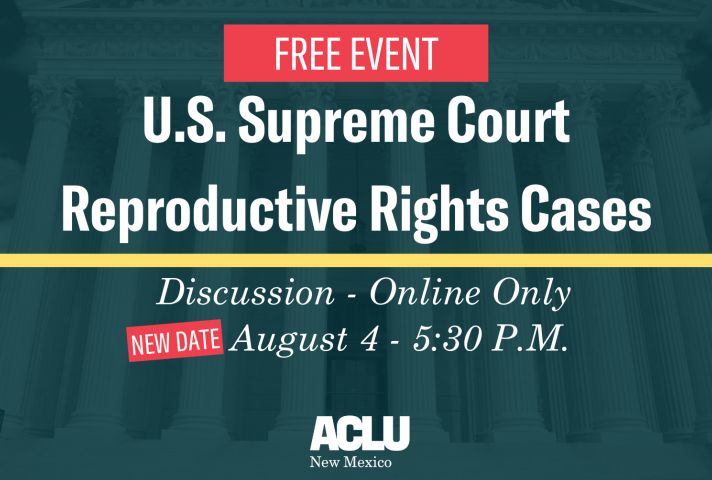New Mexico made great strides this year toward building a more equitable electoral process when Gov. Michelle Lujan Grisham signed the Redistricting Act into law, empowering a bipartisan Citizens Redistricting Committee to propose fair electoral maps for the state. In passing the act, New Mexico joins a handful of other states that grant all power, or advisory power, to independent and bipartisan redistricting committees to ensure that maps fairly distribute representational strength.
Today, that committee is uniquely positioned to begin dismantling prison-based malapportionment — a process more commonly known as “prison gerrymandering.” The opportunity to do so will not arise again for another decade, when the U.S. Census Bureau releases its 2030 decennial census data and the next redistricting cycle begins.
What is prison gerrymandering?
Prison gerrymandering is the process by which individuals who are incarcerated are counted as “residents” not of the places where they grew up, but of districts housing incarceration facilities. But according to the Department of Justice’s findings in 2018, the average time served by people who are incarcerated in state facilities was 2.6 years. Redistricting takes place once every 10 years, meaning that people who are incarcerated are counted as residents of their prison facilities long after they are released.
As ACLU Voting Rights Project Senior Staff Attorney Julie Ebenstein explains in her recent law review article, people who are incarcerated cannot in any meaningful sense be described as “residents” of the areas where prisons are located:
“First, prisoners are not in prison by choice. Second, due to the severe and purposeful isolation of prisons, prisoners lack economic, social, or civic ties to the communities just beyond the prison walls. Third, due to disparities in the criminal justice system and political dimensions to prison locations, the demographic incongruity between the prison population and the surrounding community is stark.”
In an era of mass incarceration, where people are counted has a profound effect on our democracy — with downstream ramifications for under-counted communities. In the 1980s and 1990s, with the rise of the “war on drugs” and policies that criminalized poverty, prison populations grew by 134 percent in a single decade. In 30 years, that population has grown by 500 percent. Today, there are 2.3 million people incarcerated at facilities across the nation — many of whom have been permanently disenfranchised. In parallel, incarceration facilities were largely constructed in rural areas, ensuring a steady flow of captive constituents to those wards and districts. Representatives of those communities, in turn, don’t see themselves as accountable to their non-voting, incarcerated constituents.
In short, prison gerrymandering ensures that the bodies of mostly BIPOC in detention are used to bolster the voting strength of the largely white, rural districts where incarceration facilities are located — an average of 100 miles away from the homes of people who are incarcerated — and seals that distribution of power for a decade. This process touches the lives of millions by diluting the voting strength of communities that people who are incarcerated call home, leading many scholars to liken prison gerrymandering to the Three-Fifths Compromise.
What can be done to end prison gerrymandering?
The simplest way to end prison gerrymandering would be for the Census Bureau to count people at their pre-incarceration addresses. In 2013, the ACLU and Common Cause signed a coalition letter to the Census Bureau urging it to stop counting people in detention as residents of their incarceration facilities’ districts. We were far from the only ones: In 2016, 77,863 out of 77,887 comments to the Census Bureau argued that incarcerated peoples’ residence should be defined as their pre-incarceration addresses. The Census Bureau declined but met activists part of the way: Now, states that wish to “‘move’ their prisoner population back to the prisoners’ pre-incarceration addresses for redistricting and other purposes” may send the bureau a data file “indicating where each prisoner was incarcerated on Census Day, as well as their pre-incarceration address.” The Census Bureau will then review the submitted file and provide a data product that states can use to construct alternative tabulations for mapping and other purposes.
The Census Bureau will release its data — including group quarters data — to the states in August, spurring a new round of redistricting. New Mexico must work with the Census Bureau and with the state Department of Corrections to aggregate the pre-incarceration addresses that the agency already collects to enable the Citizens Redistricting Committee to rightfully reallocate people in facilities back to their homes and distribute power back to those communities. No state or federal law prevents committee members from doing so.
Indeed, the bureau is publishing this data to make it easier to adjust for incarcerated populations during redistricting. The New Mexico Redistricting Act provides only that the committee use “the most recent federal decennial census data” and “other reliable sources of demographic data as determined by majority vote of the committee.” If data on pre-incarceration addresses cannot be retrieved in time, we urge the newly empowered committee to divide incarcerated populations among multiple wards and districts to mitigate prison gerrymandering’s vote dilutive effects.
While it is too late this legislative season to propose and pass a bill ending prison gerrymandering, the New Mexico legislature can and should do so in the future. It can look to other states as examples. In May, Connecticut became the 11th state to end prison gerrymandering. Earlier this year, our colleagues in Illinois collaborated with dedicated activists and legislators to help the state end its prison gerrymandering practice. Today, more than 35 percent of the country’s residents live in an area that has formally rejected prison-based gerrymandering.
The stakes could not be higher. In New Mexico, Native Americans are incarcerated at nearly twice the rate as non-Hispanic white individuals. Black and Latinx residents of the state are similarly targeted. In the city of Grants in 2010, the last time the Census was published, one correctional facility accounted for about 25 percent of a city council district; in Cibola County, 22 percent of people counted as residents of a county commission in district 4 were incarcerated.
Prison gerrymandering creates unequal representation and allows electoral maps to be drawn that underrepresent communities of color and historically marginalized populations. Only when incarcerated people are rightfully seen as residents of the places where they lived, grew up, and almost always return to upon release will our maps reflect our communities’ constitutionally enshrined right to be fairly represented.
To learn more about prison gerrymandering, please visit our partner’s website.
Date
Monday, June 21, 2021 - 3:00pmFeatured image



